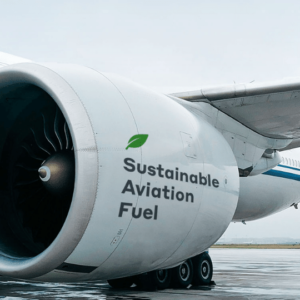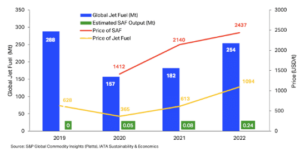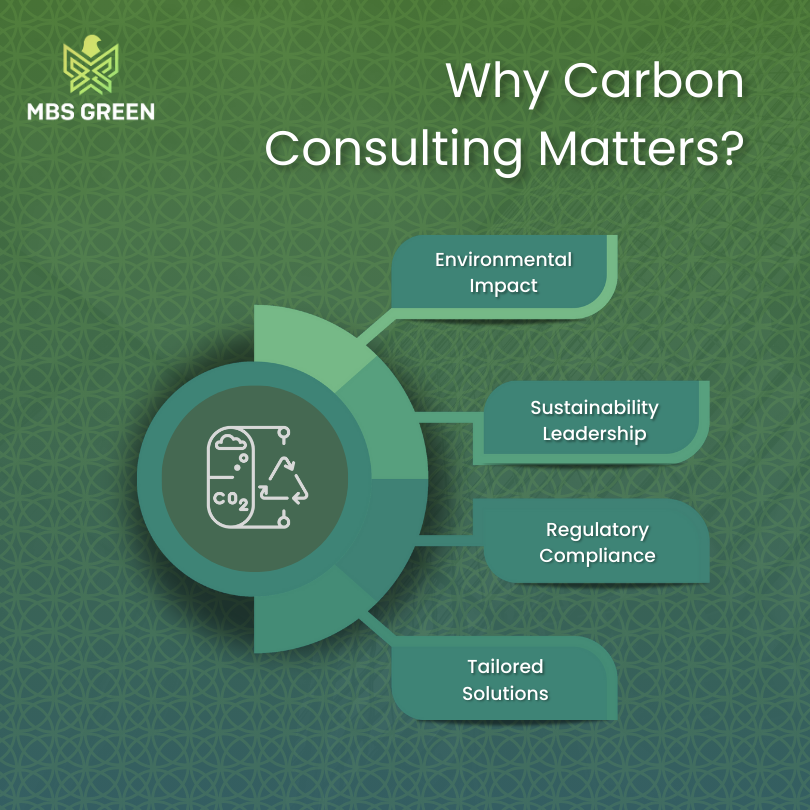What is Sustainable Aviation Fuel (SAF)?
Sustainable Aviation Fuel (SAF) is a type of alternative jet fuel that is derived from renewable or waste-based sources, instead of fossil fuels. It has the potential to significantly reduce greenhouse gas emissions from air travel.
The Vital Demand for Sustainable Aviation Fuel (SAF)
 The aviation industry, while a vital driver of global connectivity and economic prosperity, faces a pressing challenge: its significant contribution to carbon emissions. Accounting for 2% of global CO2 emissions and projected to grow, the aviation industry is projected to double its numbers, surpassing 8 billion passengers by 2050. In light of these projections, there is a pressing need for strategic solutions to address and mitigate the industry’s environmental impact. Enter Sustainable Aviation Fuels (SAF), a game-changer with the potential to significantly reduce the greenhouse gas footprint of air travel. By transitioning from traditional fossil-based fuels to SAFs derived from renewable or waste-based sources, airlines can dramatically lower their carbon emissions, paving the way for a more sustainable future for the industry and the planet.
The aviation industry, while a vital driver of global connectivity and economic prosperity, faces a pressing challenge: its significant contribution to carbon emissions. Accounting for 2% of global CO2 emissions and projected to grow, the aviation industry is projected to double its numbers, surpassing 8 billion passengers by 2050. In light of these projections, there is a pressing need for strategic solutions to address and mitigate the industry’s environmental impact. Enter Sustainable Aviation Fuels (SAF), a game-changer with the potential to significantly reduce the greenhouse gas footprint of air travel. By transitioning from traditional fossil-based fuels to SAFs derived from renewable or waste-based sources, airlines can dramatically lower their carbon emissions, paving the way for a more sustainable future for the industry and the planet.
SAF as an Answer
- Regulatory Initiatives: Governments worldwide are adopting policies to promote the use of Sustainable Aviation Fuel (SAF). The ReFuelEU Aviation initiative, for instance, mandates a minimum share of SAF blending in jet fuel starting at 2% in 2025 and increasing to 5% in 2030 and 63% in 2050.
- Reduced CO2 emissions: Research indicates that SAFs offer significantly lower life cycle carbon emissions, achieving reductions of up to 80% compared to traditional jet fuel.
- Diverse feedstocks: Potential sources for SAF production include waste cooking oil, agricultural residues, algae, and even captured carbon, promoting resource diversity and sustainability.
The Supply-Demand Gap
Despite offering a critical pathway to decarbonizing the aviation industry, a significant gap exists between availability and demand. While output experienced a fivefold increase over the past three years, reaching 0.24 million tonnes (Mt) in 2022, the current SAF production meets only 0.1% of the global aviation fuel demand. Considering these figures, a 20x increase in sustainable aviation fuel (SAF) production capacity would still only account for 2% of the global aviation fuel demand, highlighting a significant supply gap. Furthermore, the price disparity between SAF and conventional jet fuel adds to the challenge. In 2022, US jet fuel retailed at roughly $2.85 per gallon, while prices for SAF stood at $6.69 per gallon, as per data from commodities and energy pricing agency Argus Media. Despite this considerable cost difference, airlines worldwide purchased the entire available SAF supply in 2022, demonstrating the strong demand for the sustainable fuel option. The current data from the International Civil Aviation Organization (ICAO) indicates 290 announced SAF production facilities, with a combined projected capacity of 98.9 billion liters per year. However, it’s crucial to distinguish between announced capacities and guaranteed or immediate output. There is a necessity to significantly increase the production of Sustainable Aviation Fuel (SAF) and scale the process to efficiently address rising demand.
Image Source: S&P Global Commodity Insights (Platts), IATA Sustainability & Economics
Bridging the Supply-Demand Gap
- Enhanced Investment: Increasing investments in research, development, and production facilities is imperative to boost the growth of Sustainable Aviation Fuels (SAF).
- Policy Advocacy: Government support through initiatives such as tax breaks and blending mandates is instrumental in incentivizing a wider embrace of SAF within the aviation sector.
- Strategic Collaboration: A collaborative effort involving airlines, fuel producers, and investors is essential to amplify production capacities and facilitate broader access to SAF.
Policy Impact on SAF
As governments and corporations intensify their efforts to mitigate emissions and meet net-zero targets in alignment with the Paris Agreement, the International Civil Aviation Organization (ICAO) has introduced the Carbon Offsetting and Reduction Scheme for International Aviation (CORSIA). This global offsetting scheme is designed to address emissions from international aviation and mandates carbon-neutral growth within the sector. Airlines seeking compliance with CORSIA have two main options: retiring carbon credits that meet CORSIA’s eligibility criteria for emissions units, or increasing the use of sustainable aviation fuels (SAF). CORSIA recognizes SAF as an eligible “low-carbon aviation fuel.” By categorizing SAF as a viable option within CORSIA, a market-based incentive is established, encouraging heightened production of Sustainable Aviation Fuels.

Airlines are voluntarily setting their own carbon emission targets. Notably, the IAG Group, comprising British Airways, Aer Lingus, Iberia, and Vueling, has committed to achieving net-zero CO2 emissions by 2050. Similarly, Lufthansa Airlines has also made the same pledge. Furthermore, governments worldwide are implementing progressive policies and mandates to boost Sustainable Aviation Fuel (SAF) utilization. A notable initiative is the “Sustainable Aviation Fuel Grand Challenge,” currently established as a memorandum of understanding by the U.S. government. This initiative sets a bold target: to supply enough SAF to fulfill 100% of the aviation fuel demand in the USA by 2050. The collaborative endeavors of airlines and governments advocating for enhanced production and utilization of Sustainable Aviation Fuel (SAF) emphasizes the crucial necessity to scale up SAF.
The Challenge of Scaling SAF
One significant challenge in scaling the production of Sustainable Aviation Fuel (SAF) revolves around optimizing efficiency and managing costs. This hurdle, however, mirrors the historical challenges faced by emerging technologies, such as solar panels, half a century ago.
Drawing a parallel with the evolution of solar panels, it’s evident that advancements have led to a thirty times improvement in efficiency over the last five decades. This trajectory provides a compelling perspective, suggesting that current challenges associated with SAF production efficiency and cost may evolve positively at an accelerated pace. Therefore, it becomes imperative to acknowledge that any solution implemented today will likely undergo substantial improvements, both in terms of efficiency and cost-effectiveness, at a much swifter rate than witnessed over the past 50 years.
Image Source: Historical trends in PV efficiency, with projections to 2050 (source for existing data: National Renewable Energy Laboratory)
SAF for a Sustainable Future
While challenges persist, the undeniable potential of Sustainable Aviation Fuels (SAF) remains apparent. Scaling up production, ensuring cost competitiveness, and fostering collaborative efforts across the industry can pave the way for a greener trajectory in aviation. In embracing SAF as a viable and scalable solution, the industry positions itself on the cusp of a transformative journey towards sustainability. The adoption of SAF not only addresses immediate challenges but also lays the groundwork for a resilient and environmentally responsible aviation future, benefiting not just the present generation but also those that follow.







